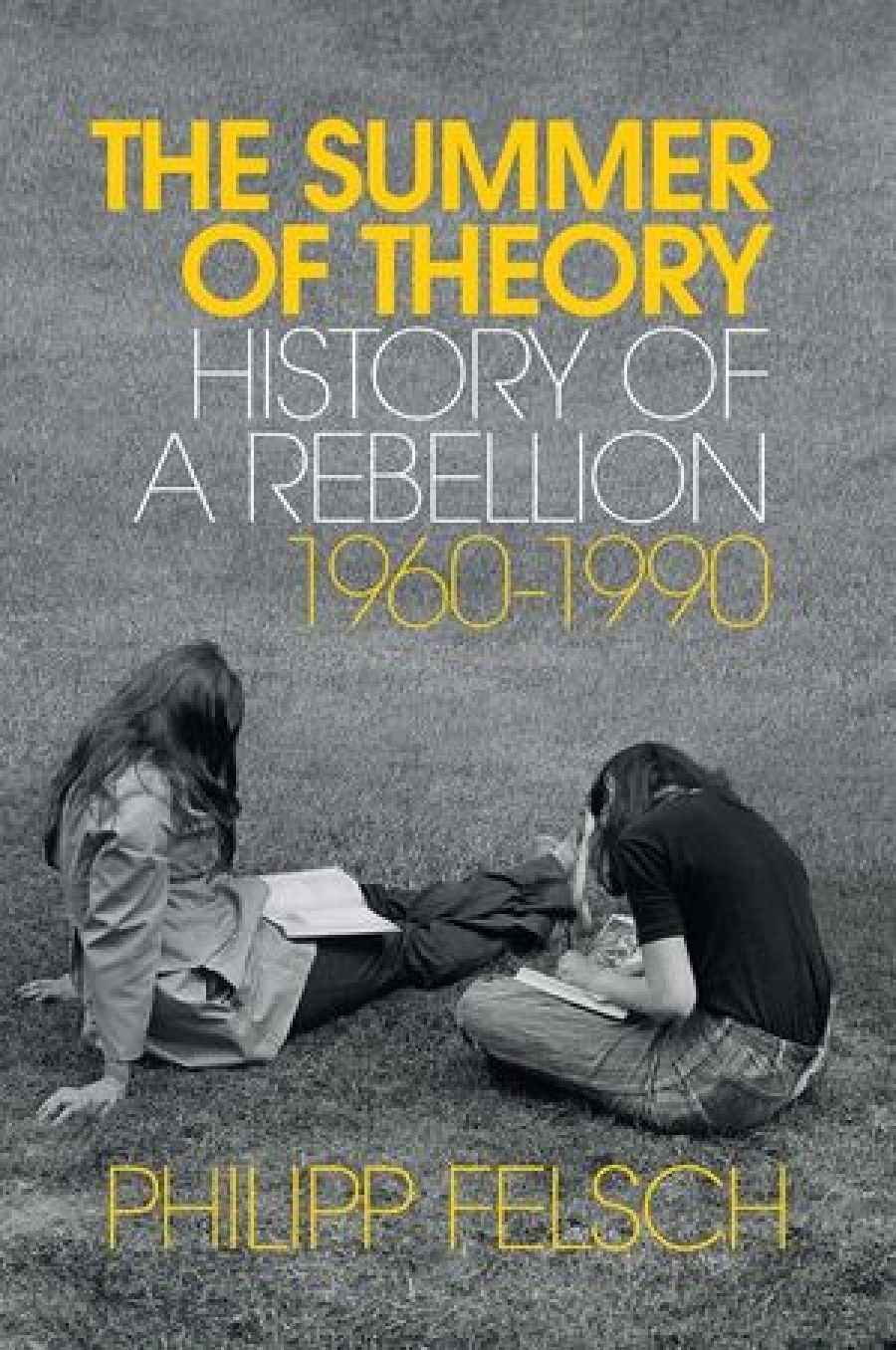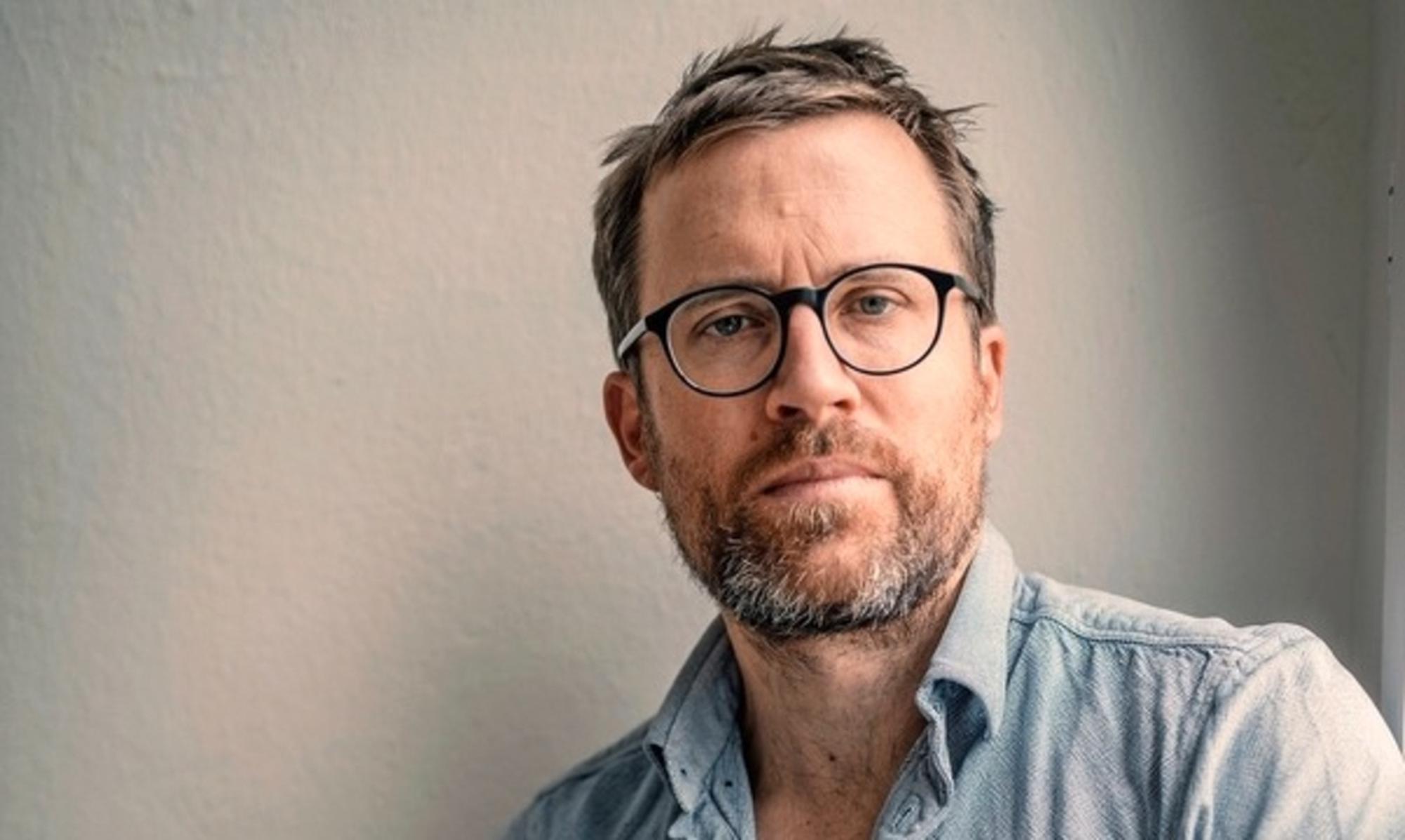
- Free Article: No
- Contents Category: History
- Review Article: Yes
- Article Title: Difficult thinking
- Article Subtitle: Theory’s long summer
- Online Only: No
- Custom Highlight Text:
Theory of what?’ is the obvious lay response to Philipp Felsch’s title. But for those in the know, it goes without saying that he is talking about Theory with a capital T. That strange hybrid of philosophy, ethnology, and literary criticism cast its spell over participants in the student movement in Germany from the mid-1960s and in Paris after 1968. In the 1980s and 1990s, it reached the humanities departments of Anglophone academia, making a PhD dissertation without a Theory component a risky undertaking. This applied even in history, traditionally the most empirical of disciplines; and in 1994, Keith Windschuttle, soon to be prominent in the Australian ‘history wars’ about the interpretation of European colonisation, was provoked to write a whole book entitled The Killing of History: How a discipline is being murdered by literary critics and social theorists.
- Article Hero Image (920px wide):

- Article Hero Image Caption: Philipp Felsch (photograph by Jonas Holthaus/Laif)
- Featured Image (400px * 250px):
%20copy.jpg)
- Alt Tag (Featured Image): Sheila Fitzpatrick reviews 'The Summer of Theory: History of a rebellion, 1960–1990' by Philipp Felsch translated by Tony Crawford
- Book 1 Title: The Summer of Theory
- Book 1 Subtitle: History of a rebellion, 1960–1990
- Book 1 Biblio: Polity, $51.95 hb, 324 pp
- Book 1 Readings Link: booktopia.kh4ffx.net/n1bnrV
‘Theory’ could at any given moment mean Marxists like Louis Althusser and Theodor Adorno, structuralists like Claude Lévi-Strauss, so-called ‘post-structuralists’ and ‘post-modernists’ like Michel Foucault, Jacques Derrida, and Gilles Deleuze, and, finally, in the waning days of Theory’s long summer, even thinkers formerly regarded as right-wing like Ernst Junger and Carl Schmitt. To qualify as Theory, the work had to be abstruse, preferably using esoteric language to deter uncommitted readers; it had to be in fashion with an in-group whose members self-identified as outsiders; and, in Felsch’s portrayal, it had to be available in paperback. Theory shared with philosophy the quality of not requiring empirical proof for its statements, but differed from philosophy in not requiring logical justification either. The illogicality of many of the aperçus of Theory became almost a trademark, especially in its French incarnation. Only thoughts ‘which do not understand themselves’ could be true, Adorno claimed. What was essential was that the text be ‘difficult’ and its truths not self-evident, and that it be read with passion.
The backbone of Felsch’s book is the small Merve publishing house, set up in West Berlin in the 1960s, which continued to respond to new waves of Theory for three decades. (It’s a pity that the publisher changed the ‘long summer’ of the German title, Der lange Sommer der Theorie, to just ‘summer’ in the English: one of the remarkable things about the season of Theory is that it went on for so long.) An important backdrop is West Berlin itself, that anomalous zone of conspicuous capitalism where cheap rents abounded and earnest conversation flourished, separated only by Checkpoint Charlie from the austere Soviet-bloc socialism of East Germany. The point of making Merve the centrepiece is that it focuses the story on Theory’s readers, not its writers. Merve’s editors were themselves passionate readers, discriminating but deeply respectful of the work they published, whose journal ‘transformed readers into fans, and authors into philosophical fashion icons’; they were part of a movement that embraced Theory not just as a set of intellectual ideas but as ‘a claim of truth, an article of faith and a lifestyle accessory’.
Just why West Berlin’s youth should have set themselves so diligently to ‘the practice of difficult thinking’ is never entirely clear. Recent history was a part of it, for this was a generation trying to deal with not only their parents’ past acceptance of the Nazi system but also their present refusal to discuss or explain that acceptance. It was a cohort that, in the 1970s, would produce the ‘Red Army Faction’ terrorists led by Andreas Baader and Ulrike Meinhof (Baader himself, in prison, took the opportunity to catch up on his Theory reading). Apocalypse was never far away, with deaths (of the author, the book, society) and ends (of history) favourite Theory tropes. Theory is traditionally the antithesis of practice, and part of its appeal to this generation arose from its frustration that practical action seemed both necessary and impossible. Hence the popularity of the paradoxical formulation that Theory was a form of practice, and that studying it (‘theory-work’) constituted not escapism but productive engagement. ‘Is theory practicable or not?’ one baffled student asked Adorno. ‘Are your endeavours aimed at changing the world?’ Standing Marx on his head, Adorno set out the paradox that ‘only theory that is not immediately aimed at changing the world … is able to change it at all’.
Felsch himself, born in the West German university town of Göttingen in 1972, is not of the generation he writes about. He was a student writing his PhD in the 1990s, just as the Theory wave changed course and broke on the shores of academia; it was presumably as a successful rider of this wave that he reached his present position as Professor of Cultural History at the Humboldt University in Berlin (once the pride of the East, now the competitor of the Freie Universität in former West Berlin). That is the same time I encountered it, on arriving in 1990 at the University of Chicago, probably one of the most Theory-driven campuses in the United States at the time. Scholars of American history still did not have to worry about Theory even at Chicago, but, with colleagues shuttling back and forth between Chicago and Berlin and Paris, it was de rigueur in my field of European History. On the plus side, Theory meant relativism, scepticism about ‘grand narratives’, and abandonment of the illusion of objectivity, and brought with it a whole set of interesting new topics and perspectives. On the minus side, scepticism was a weapon that Theory people used to destroy opponents rather than a tool to be directed at their own assumptions and data. Indeed, the opposite was true: one of the characteristics of ‘theoretically-informed’ work was the extraordinary reverence shown towards the chosen authority – Foucault or Habermas or whoever it might be – whose obiter dicta could be quoted, in the same way earlier generations might have cited biblical texts or Shakespeare, as truths that did not need further justification or supporting evidence.
Felsch’s stance (well captured by his English translator, Tony Crawford) is that of a wry but sympathetic participant–observer. You end the book uncertain as to whether you should marvel at the grandiose pointlessness of it all, or celebrate a movement that put pure thought, accessed by careful reading and refined through intense discussions with comrades, at the very centre of life.
Who is to say, anyway, that the long summer of Theory didn’t have an influence in the ‘real’ world? Preparing to write this piece, I was surprised to learn from Eyal Weizman (writing in the London Review of Books, 16 December 2021) that the current Israeli chief of staff, Aviv Kochavi, credits his new strategy for military control of the Occupied Territories – namely, battering through the walls of Palestinian dwellings as if they were non-existent – to Deleuze’s concept of rhizomes (don’t ask, but it’s derived from the botanical term for spreading root systems). Given that Kochavi is married to a theoretically informed gender historian, this might be taken as a personal quirk, but American ‘counter-terrorism analyst and popular blogger’ Jeff Vail can be found on the web making a similar argument that al-Quaeda had ‘rhizomatic’ qualities that the US military should emulate. But let’s forget military strategy and get back to Theory itself, using a typical Theory move involving paradox and inversion to turn Deleuze on his head. This reveals a new truth: Theory was a rhizome in which the spreading root system hung in the air.


Comments powered by CComment